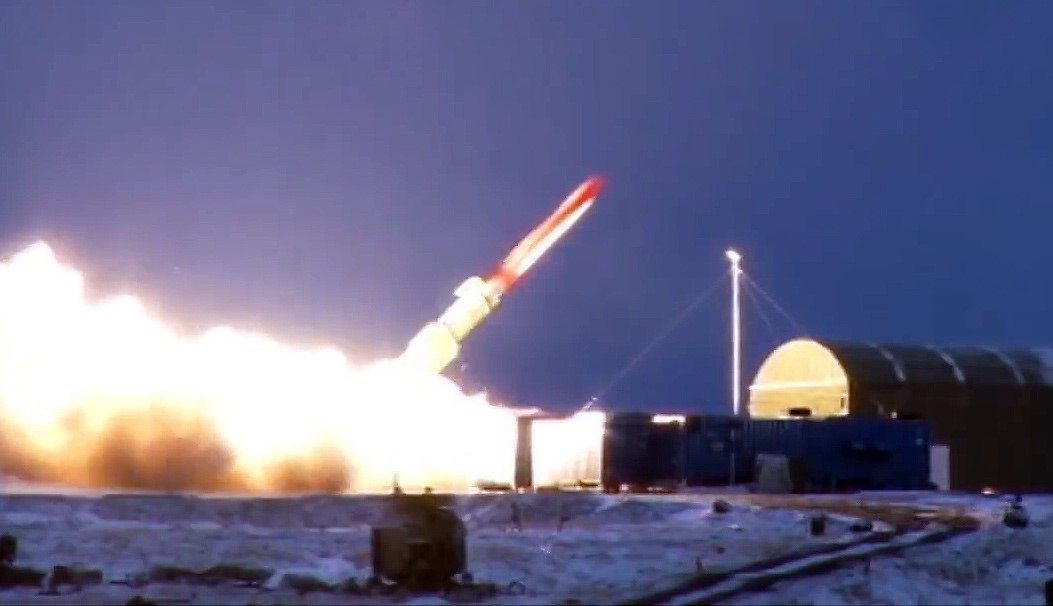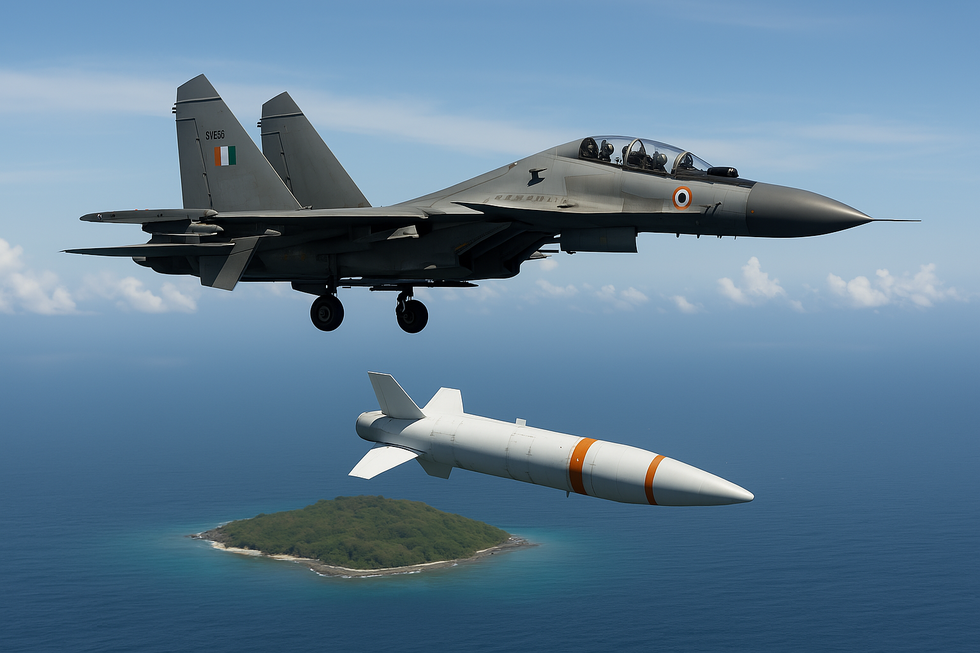Description

Disclaimer: Copyright infringement not intended.
Context
- On October 5, 2023, Vladimir Putin announced that Russia had successfully tested the Burevestnik missile. This suggests that the missile has made progress in its development.
Details
- Purpose: The Burevestnik missile is designed to be an intercontinental-range nuclear-powered cruise missile. Its primary objective is to penetrate any interceptor-based missile defense system, thereby enhancing Russia's nuclear strike capability.
- Unlimited Range: The missile is claimed to have an essentially unlimited range, which means it can fly for extended periods without running out of fuel or power. This attribute makes it particularly challenging to defend against.
- Development: The development of the Burevestnik missile began as a response to concerns within the Soviet Union and later Russia about the effectiveness of their intercontinental ballistic missile (ICBM) arsenal in the face of the United States' Strategic Defense Initiative, commonly known as the "Star Wars" program. The goal was to create a missile that could bypass ballistic missile defenses.
- Trials: Major stages of the missile's testing, including trials of the nuclear power unit, were reportedly successfully completed by January 2019.
- Design: Details about the exact design of the Burevestnik missile have not been officially disclosed, but there has been speculation. Some experts suggest that it uses a ramjet engine, while others propose a turbojet engine and a liquid-fueled booster. The missile is described as having dimensions comparable to the Kh-101 cruise missile but with a much greater operational range.
- The 9M730 Burevestnik, known as the "Storm petrel" and designated SSC-X-9 Skyfall by NATO, represents a significant development in the realm of advanced missile technology.
- This nuclear-powered, nuclear-armed cruise missile has drawn global attention due to its potential to change the strategic balance of power. This article provides an overview of the Burevestnik missile, its development, implications, and analysis of its impact on global security.
.jpg)
Implications
- Strategic Balance: The Burevestnik missile could potentially alter the strategic balance between nuclear-armed states. Its unlimited range and capability to evade missile defenses make it a formidable addition to Russia's nuclear arsenal.
- Arms Race: The existence of such a weapon may prompt other nations to invest in similar technologies or develop countermeasures, leading to an arms race in advanced missile technology.
- Deterrence: The missile enhances Russia's second-strike capability, which is a cornerstone of nuclear deterrence. The perceived ability to retaliate effectively in the event of a nuclear attack can discourage adversaries from initiating such an attack.
- Nuclear Proliferation Concerns: The development of advanced nuclear-powered weapons raises concerns about the spread of such technology to other countries, potentially increasing the risk of nuclear proliferation.
Analysis
- The Burevestnik missile's successful testing underscores Russia's commitment to advancing its nuclear capabilities.
- Its unique propulsion system, unlimited range, and potential to evade defenses make it a game-changer in the realm of strategic weapons.
- However, it is essential to consider the reliability and safety of nuclear-powered missiles, as evidenced by the Nyonoksa incident.
- The international community must address the development of such weapons through arms control agreements and diplomatic channels.
- Transparency and communication between nuclear-armed states are crucial to maintaining global security and preventing an uncontrolled arms race.

Conclusion
Burevestnik missile represents a significant development in nuclear missile technology, with implications for global security and strategic stability. Its impact will depend on how nations respond to this new threat and whether diplomatic efforts can mitigate the risks associated with advanced nuclear weaponry.
|
PRACTICE QUESTION
Q. Burevestnik, an experimental nuclear-powered cruise missile, has gained attention as a potential game-changer in the realm of strategic weaponry. How should the international community address the challenges posed by the development and testing of such advanced nuclear weaponry? Discuss. (250 Words)
|
















